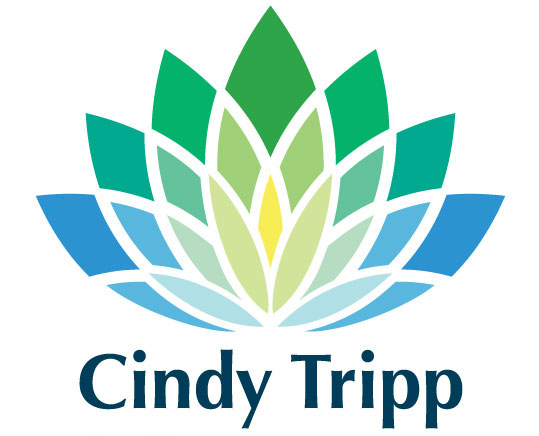A key aspect of design thinking is the concept of iterating. When I first mention “iterating to learn” to people, their initial reaction is “I don’t have time.” Iterating is confused with repetition. Iterating is actually an accelerator, not a time drain. Iteration propels you forward, as the end of one iteration is the launch pad for the next. Not repeating…Changing. Evolving. Learning. Speeding progress.
In iteration you try something new and get feedback on it. The feedback gives you new clues on the opportunity and so you are set up to try another new thing. This virtuous cycle keeps you from converging too soon or becoming overly attached to your idea. You stay in a learning mode, or growth mindset, and because of this, you are open to new ideas and discoveries. It is this stance that leads to innovation.
Silicon Valley and the .coms have known the power of iteration for a long time. Take the “beta test” for example in a software application. They put their prototyped application in their consumer’s hands and receive real time feedback on how to improve it before they launch and spend lots of money. The beta testers catch things that the software designers have missed. The software designers are able to deliver a better product for launch, versus optimizing inside, launching and having to quickly fix on the fly in the gaze of the public. Other examples of innovation also trace back to a stance of iteration. Google, Apple, Amazon, Dyson all have used iteration to innovate.
Iteration is also useful in “problem finding”, that is iterating a problem definition to help discover what the root problem is. If you just solving a problem in its first expression, you may be led astray and right back to rework.
So, iteration delivers several benefits:
- it keeps you in a learning, growth mindset which enables innovation to bloom
- it opens you up to discovery before you go public so you have a better solution
- it helps ensure you are working on the right things/problem
- all of the above result in faster time to success
Take Action
Read more here on iteration and innovation
Watch this short video on growth vs. fixed mindsets

